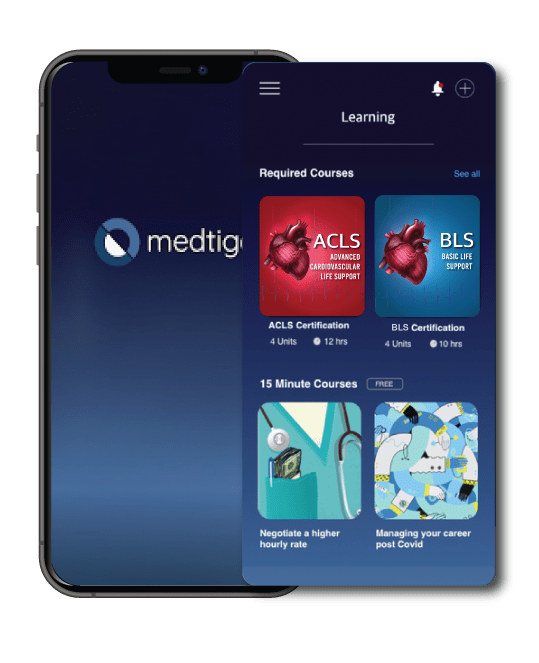Caffeine is a psychoactive stimulant that many people consume daily. It can enhance alertness and mental and cognitive performance. However, it can also disrupt sleep by delaying onset, reducing duration, and diminishing sleep quality, especially in rapid eye movement (REM) and Stage 2 sleep. It works by blocking adenosine receptors, a chemical that promotes sleepiness. Caffeine also alters neurotransmitter activity and may affect the blood-brain barrier (BBB). While it may protect against diseases like Parkinson’s, its sleep-disrupting effects can impair brain function and overall health. Electroencephalography (EEG) studies have demonstrated that caffeine reduces deep sleep activity and increases brain wave activity more rapidly. It also affects brain signal complexity.
A recent study published in communications biology aimed to investigate how caffeine affects brain activity during sleep and focused on EEG signal complexity and criticality. By separating periodic and aperiodic EEG components, researchers examined caffeine’s influence on sleep architecture across age groups, hypothesizing increased brain complexity during non-rapid eye movement (NREM) sleep and age-related differences in caffeine’s effects.
In this study, sleep EEG data (256 Hz) were collected from 40 healthy (males = 21, females = 19), non-medicated, non-smoking adults aged 20-58 (mean age = 35.3±14.3 years) with moderate coffee consumption (1-3 cups/day). Individuals with a history of neurological illness/psychiatric conditions and a body mass index (BMI) of 29 kg/m2 were excluded. Participants were screened for medical, psychiatric, and sleep disorders through clinical tests and a polysomnographic adaptation night. Caffeine-induced changes in brain activity were extracted using various EEG features, including entropy, power spectral density (PSD), and complexity metrics. These features were analyzed through supervised machine learning analysis (Supervised ML classifiers) and direct statistical analysis.
In a double-blind crossover design, participants completed the two lab nights, with a time between each night of 6-9 days. Each participant received 200mg of caffeine or a placebo per session. Results showed that during NREM sleep, caffeine significantly reduced alpha, delta, and theta power with spatially distinct patterns. Whereas the beta power increased across frontal and parietal regions. REM sleep showed reduced theta power in occipital, temporal, and parietal areas. The t-test demonstrated statistically significant differences between caffeine and the placebo, whereas SVM and LDA showed elevated but non-significant decoding accuracy (p < 0.01). However, LDA during REM sleep identified significant beta power differences in the frontal cortex with p < 0.05. All these findings support the robustness of caffeine’s effects on EEG activity. After adjusting for the 1/f aperiodic component in the EEG spectrum, caffeine-induced effects were more noticeable. Caffeine may modify the spectral slope, which may be related to modifications in neuronal criticality.
Analysis results demonstrated that caffeine increased all complexity measures and reduced critical metrics, especially during NREM sleep, with a spectral sample entropy of 75% decoding accuracy. Effects in REM sleep were weaker and mostly limited to occipital regions. In the random forest classifier (11 features × 20 channels) for all 220 extracted features, it showed higher decoding accuracy in NREM (75.22%) compared to REM sleep (58.63%).
Researchers analyzed the young (20-27 years, n = 22, females = 10) and middle-aged adults (41-58 years, n = 18, females = 9) separately. During NREM sleep, caffeine had a significant effect on EEG features in both groups, with a stronger effect observed in younger adults. However, age-group differences were not statistically significant. A significant caffeine effect appeared only in young adults during REM sleep.
This study’s limitations include noisier feature estimates in REM due to the fewer epochs, invalidation of mechanistic links between EEG metrics and the excitation-inhibition (E: I) ratio, alterations in NREM stage ratios that may confound stage-specific effects, and are limited to studies on healthy populations.
In conclusion, this study reveals that caffeine increases EEG complexity and shifts brain dynamics toward a more critical state during sleep, particularly in young adults. This suggests age- and sleep-specific neural effects linked to adenosine signaling.
Reference: Thölke P, Arcand-Lavigne M, Lajnef T, et al. Caffeine induces age-dependent increases in brain complexity and criticality during sleep. Commun Biol. 2025;8:685. doi:10.1038/s42003-025-08090-z











